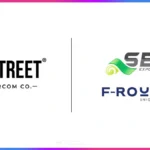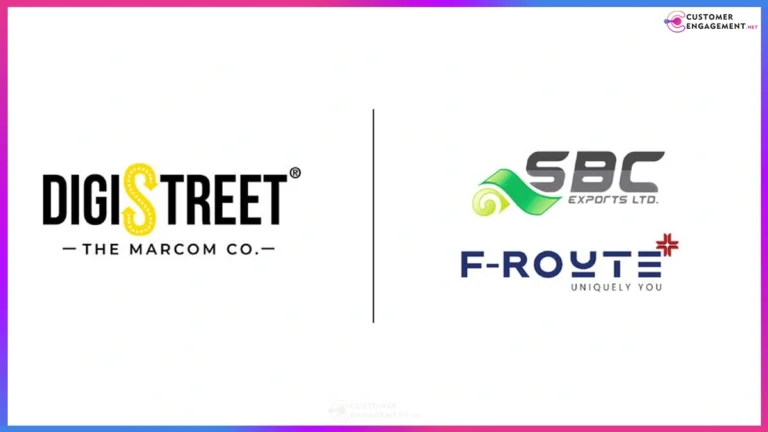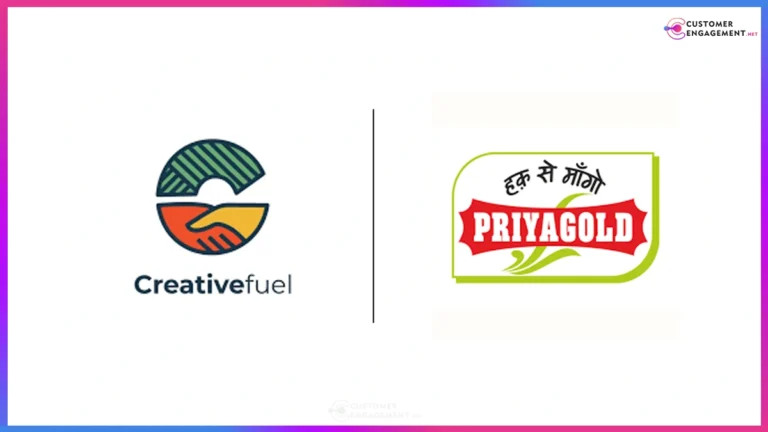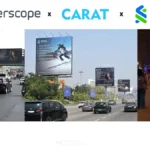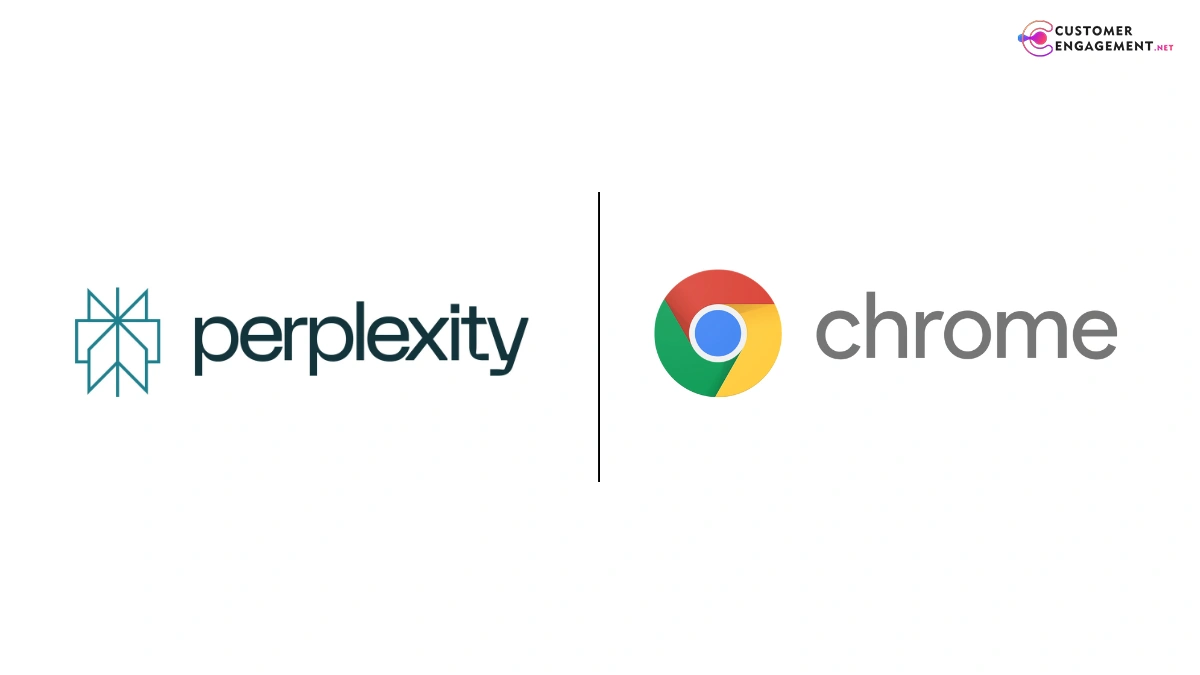
Perplexity AI proposes $34.5B bid to acquire Google Chrome as antitrust pressure mounts, aiming to reshape browser and AI search markets.
Artificial intelligence startup Perplexity AI is making waves with its bold proposal to acquire Google’s Chrome web browser for a staggering $34.5 billion in cash. With over three billion global users, Chrome represents a prime asset, especially as Google navigates serious antitrust proceedings in the United States that could force it to divest the browser to restore competitive balance in both the browser and search markets.
Valued at around $18 billion, Perplexity recognizes Chrome as a golden opportunity to accelerate its growth in AI-driven search and browsing. The company’s vision is clear: retain the Chromium engine as open-source, keep Google as the default search provider, and invest nearly $3 billion in the next two years to enhance infrastructure and integrate cutting-edge AI features. This transformative strategy is poised to redefine the AI and browsing landscape significantly.
This strategic move follows a decisive 2024 federal court ruling, which found that Google unlawfully monopolized online search by securing default search positions through massive agreements. The Department of Justice has advocated for strong remedies, including the potential sale of Chrome. However, Google has strongly opposed this notion, arguing that such an unprecedented step would undermine user experience.
Despite backing from undisclosed investors, analysts remain cautiously optimistic about the sale’s feasibility. Some industry observers suggest that Perplexity’s audacious offer serves more as a strategic play to influence regulatory outcomes than a straightforward acquisition in the works.
Operating Comet, its own AI-powered browser, Perplexity sees Chrome as a crucial pathway to merge AI innovation with a vast and established user base. A definitive court ruling on remedies for Google’s antitrust infractions is imminent, promising to reshape the competitive fabric of web browsers and online search for years to come. The potential impact of this bid on the industry is significant and cannot be overlooked. Artificial intelligence startup Perplexity AI has garnered significant attention by proposing a $34.5 billion cash offer to acquire Google’s Chrome web browser, a platform boasting over three billion users worldwide. This bold proposal emerges as Google is entangled in intense antitrust proceedings in the United States, which may compel the tech giant to divest Chrome in order to restore competition within the browser and search markets.
Valued at approximately $18 billion, Perplexity views Chrome as a strategic opportunity to expedite its growth in AI-driven search and browsing. The company envisions that, if successful, it would keep the Chromium engine open-source, maintain Google as the default search provider, and invest nearly $3 billion over the next two years to enhance infrastructure and introduce AI-powered features. Such a transformative move could potentially revolutionize the landscape of AI and browsing.
This bid comes in the wake of a 2024 federal court ruling that determined Google had unlawfully monopolized online search by securing default search positions through multi-billion-dollar agreements. The Department of Justice has advocated for strong remedies, including the possible sale of Chrome—an idea Google has vehemently opposed, arguing that such a step would be unprecedented and detrimental to user experience.
While undisclosed investors purportedly support Perplexity’s offer, analysts remain skeptical about the likelihood of an actual sale. Some industry observers interpret the move as a strategic maneuver to influence regulatory outcomes rather than a deal likely to be completed.
Perplexity currently operates Comet, its AI-powered browser, and perceives Chrome as a gateway to amalgamate AI innovation with a vast, established user base. A final court decision regarding the remedies for Google’s antitrust violations is anticipated soon, a ruling that has the potential to reshape the competitive dynamics of both web browsers and online search for years to come. The implications of this bid on the industry are profound and cannot be understated.




